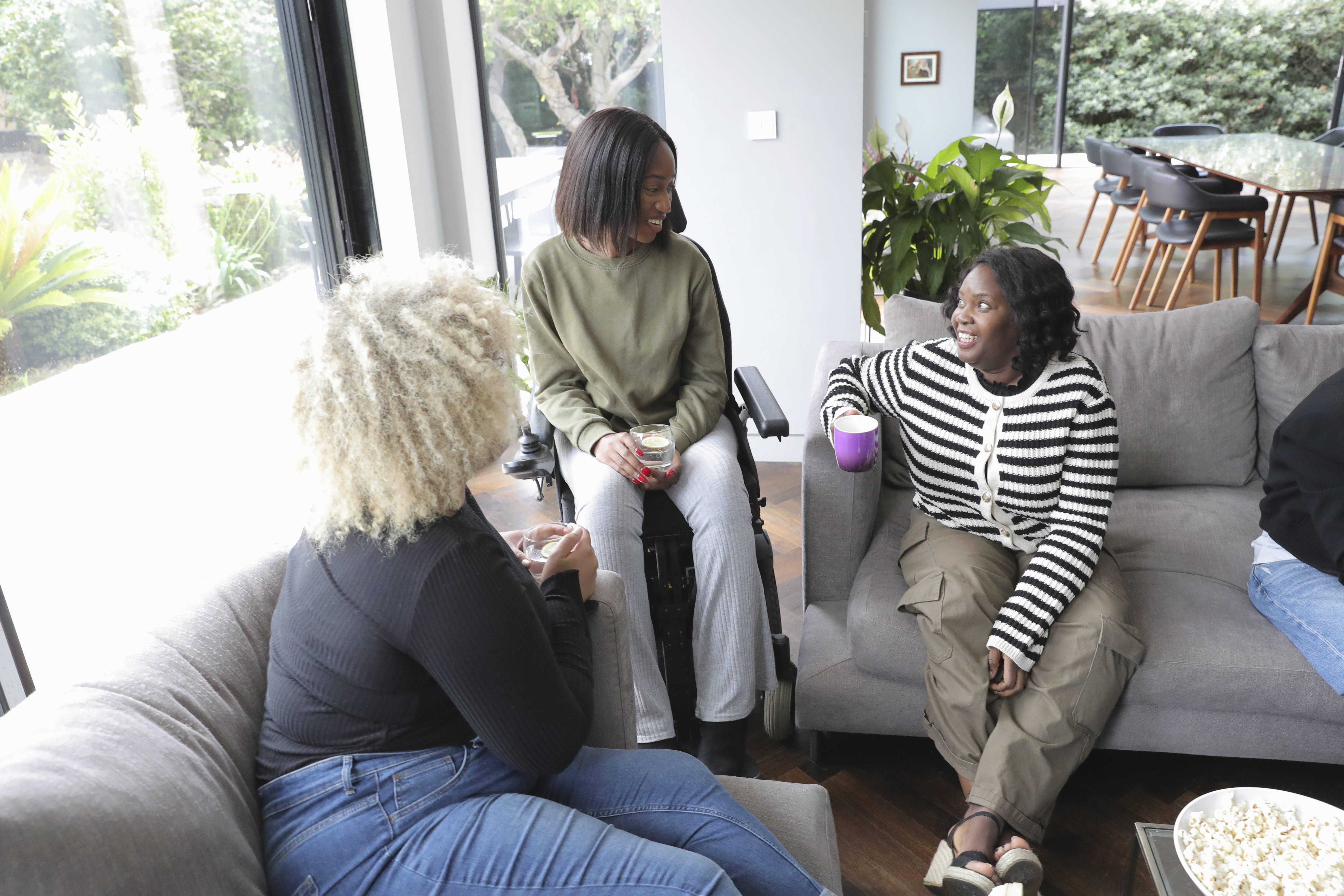
Navigating Caregiving with Compassion: Self-Care Strategies for Cancer Caregivers
Navigating Caregiving with Compassion: Self-Care Strategies for Cancer Caregivers
Caregiving for someone with cancer can wear you down in ways no one warns about. When your focus is always on their needs, your own well-being often takes a backseat. This guide offers practical self-care for caregivers, blending cancer caregiving tips with mind-body wellness to help you find balance and strength. Explore our resources for caregivers to enhance your support journey and take care of yourself. For more tips, visit UCSF Health.
Importance of Self-Care

Understanding self-care is crucial for caregivers. It isn't just about you—it's about maintaining your strength to better support your loved one. By focusing on your well-being, you ensure you're able to face the challenges ahead.
Prioritize Your Well-being
Start by recognizing your needs. Take small steps to integrate activities that replenish your energy. Even a 15-minute walk outside can clear your mind and boost your mood. Remember, maintaining your health is not a luxury; it's a necessity.
Caring for yourself may sometimes feel selfish, but it's essential. Just like putting on your oxygen mask first on an airplane, you must care for your own needs to effectively help others. Most people assume they can care for others without pause, but over time, this can lead to burnout. Tending to your own needs helps you remain a strong support system.
Balance Caregiving Duties
Balancing caregiving duties with self-care can be tricky, but it's doable. Begin by identifying the most demanding tasks and see if they can be shared or delegated. Don't hesitate to reach out to friends or family who can lend a hand.
Creating a schedule that includes breaks can make a huge difference. Set specific times for meals, relaxation, and even brief moments of solitude. This balance protects your energy and ensures you're present and prepared for the tough days.
Practical Strategies for Caregivers

Once you've recognized the importance of self-care, it's time to look at practical ways to incorporate it into your life. These strategies are designed to be simple yet effective in managing your stress.
Set Realistic Goals
Setting achievable goals can prevent overwhelm. Start with small daily targets, like drinking enough water or taking a five-minute meditation break. These small wins build momentum and lead to bigger achievements.
Having goals gives you a sense of direction and control. Some days, your goal might simply be to get through the day; on others, you might aim to organize medical appointments. Be kind to yourself and adjust your goals as needed, without guilt. For more guidance on setting goals, check out this guide to self-care.
Mind-Body Wellness Practices
Embracing mind-body practices can profoundly impact your well-being. Yoga, meditation, or even deep breathing exercises can soothe your mind and body. These practices don't require much time but offer significant rewards.
Integrating these practices into your routine can improve your mental state and physical health. Try starting your day with a short meditation to set a positive tone. It's a small step that can shift your perspective and enhance your resilience.
Building a Support Network

Navigating caregiving can feel isolating, but building a support network changes everything. Connecting with others who understand your journey can provide comfort and practical advice.
Connect with Fellow Caregivers
Finding a community of caregivers can provide much-needed support. Sharing experiences with others who understand your challenges can be both comforting and enlightening. Consider joining local or online caregiver groups to connect with others.
These connections offer a safe space to vent, share tips, and gain encouragement. You'll find that many caregivers share your feelings and struggles. This shared experience can foster a sense of belonging and reduce feelings of isolation.
Accessing Resources and Support Groups 😊
Accessing resources and support groups is key to maintaining your well-being. From online forums to local meetings, multiple resources are available. These groups offer valuable tips and emotional support.
Explore options like workshops or educational sessions to enhance your caregiving skills. For more information on resources, visit Mayo Clinic Health System for helpful insights. Remember, reaching out for help is a strength, not a weakness. Take the step to ensure you are supported on this journey.







